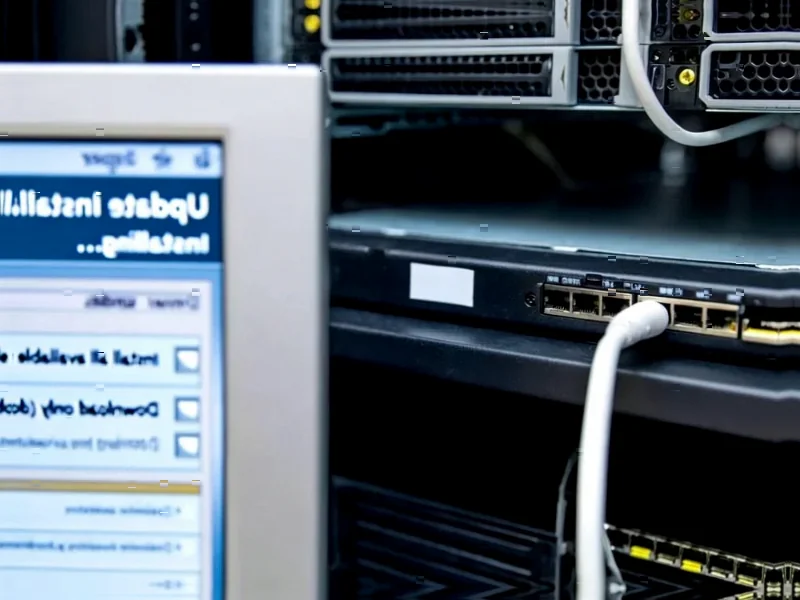According to Forbes, Microsoft has confirmed a significant Windows update issue impacting Windows 11 and Windows Server users that causes repeated authentication credential prompts, failure of valid credentials, and remote desktop connection problems. The problem stems from security protections enforcing checks on Security IDs implemented in updates released on and after August 29, 2024, specifically affecting Windows 11 version 24H2, Windows 11 version 25H2, and Windows Server 2025. Microsoft’s support posting KB5070568 explains that the authentication failures occur across devices with duplicate Security IDs, which are typically created through unsupported cloning or duplication of Windows installations without running Sysprep. The company states that devices with duplicate SIDs will need to be rebuilt using supported methods to ensure unique identifiers, representing a fundamental shift in security enforcement. This development comes amidst other recent security concerns including the NSA’s high-risk alert for Exchange servers and the actively exploited CVE-2025-9491 Windows vulnerability.
The Enterprise Deployment Reckoning
This authentication failure situation exposes a critical vulnerability in enterprise IT practices that has been quietly tolerated for years. Many organizations, particularly those with large-scale deployments, have relied on unsupported cloning methods to rapidly deploy standardized Windows environments. While Microsoft has always recommended using Sysprep for proper SID generation, the reality is that many IT departments have cut corners to meet deployment timelines and resource constraints. The immediate market impact will be significant remediation costs for enterprises now forced to rebuild affected systems properly. This creates a short-term productivity hit but potentially strengthens Microsoft’s position by forcing compliance with their supported deployment methodologies.
Shifting Competitive Security Landscape
The timing of this enforcement couldn’t be more strategic from a competitive standpoint. With enterprises increasingly considering alternatives like Linux-based systems or cloud-native approaches, Microsoft is drawing a hard line on security that positions Windows as the “secure by enforcement” option. This move potentially disadvantages smaller competitors who lack the market dominance to mandate such strict compliance. However, it also creates an opening for third-party deployment tools and management platforms that can help enterprises navigate these new requirements more efficiently. Companies like VMware, Citrix, and emerging DevOps-focused deployment platforms stand to benefit as organizations seek more sophisticated system provisioning solutions.
Cloud Migration Acceleration Catalyst
This authentication enforcement may inadvertently accelerate cloud adoption trends that were already reshaping the enterprise computing landscape. Organizations facing significant remediation efforts for on-premises Windows deployments might find the calculus shifting toward Azure-based solutions where Microsoft handles the underlying security and compliance requirements. The market implications are substantial – every enterprise forced to rebuild systems represents a potential cloud conversion opportunity. This aligns with Microsoft’s broader strategic direction of driving Azure adoption while maintaining Windows relevance in a cloud-first world. The short-term pain for customers could translate to long-term strategic gains for Microsoft’s cloud division.
The Security vs. Productivity Balance
What we’re witnessing is a fundamental recalibration of the security-productivity balance in enterprise computing. Microsoft’s decision to break existing systems rather than continue tolerating security risks represents a significant philosophical shift. In the competitive landscape, this positions Microsoft as the security-first option, potentially at the expense of immediate user convenience. This approach contrasts with competitors who might prioritize backward compatibility and gradual transitions. The market will now judge whether enterprises value security enforcement enough to accept the disruption, or whether this creates opportunities for more flexible alternatives. The outcome will influence not just Microsoft’s market position but enterprise security standards across the industry.




